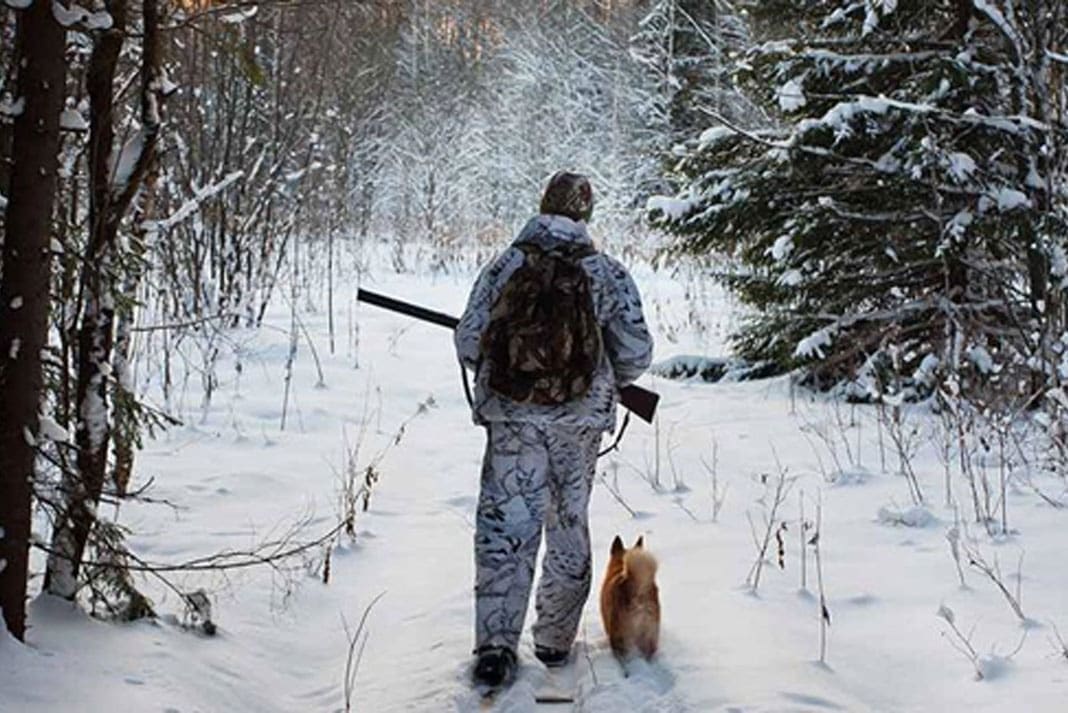When you go hunting, your firearm is your most important tool.
But during extreme weather – whether it’s heavy rain, snow, or intense heat, your gun can face damage if you don’t take care of it. Moisture can cause rust, dust can get into moving parts, and extreme temperatures can affect performance.
Protecting your firearm in tough conditions is not just about keeping it looking good – it’s about safety, accuracy, and long-term durability. In this guide, we’ll talk about to keep your gun safe during extreme weather hunts.
1. Choose the Right Gun Case for the Weather
The first step in protecting your firearm starts before you even head out hunt – choosing the best hunting gun case.
● Waterproof Hard Cases: These are best for rainy or snowy hunts. They keep out moisture and prevent water from seeping inside.
● Soft, Weather-Resistant Cases: These are lighter and easier to carry. Some soft cases are made with water-resistant materials for moderate weather protection.
● Padding & Lining: Make sure the case has enough padding to protect against bumps while you’re on the move.
💡 Tip: If you’re flying or traveling long distances, look for a TSA-approved hard case to keep your gun secure and protected from rough handling.
2. Use Protective Covers While in the Field
Even if your gun is out of the case during the hunt, it still needs protection.
● Neoprene Gun Sleeves: These are stretchy, weather-resistant covers that slip over your gun. They protect against rain, snow, and scratches.
● Barrel Caps: A small but useful tool, plastic or rubber caps prevent dirt, dust, or snow from entering the barrel.
● Wraps & Tapes: Camouflage wraps can also give an extra layer of protection against scratches.
Remember: A small cover can save you from big repair costs later.
3. Keep Moisture Out
Moisture is the biggest enemy of your firearm during extreme weather hunts.
● Silica Gel Packs: Keep a few inside your gun case to absorb moisture.
● Dry Cloths: Always carry a soft, absorbent cloth to wipe your gun quickly if it gets wet.
● Avoid Long Exposure: If you’re in heavy rain or snow, try to keep the firearm covered when you’re not aiming.
💡 Tip: If your gun gets wet, dry it as soon as possible, even before heading home. Water can start damaging metal parts within hours.
4. Regular Cleaning During the Hunt
Many hunters clean their guns only when they get home, but in extreme weather, you might need to clean more often.
● Quick Wipe-Downs: Carry a small cleaning kit and oil. A quick wipe of the barrel and metal parts can prevent rust.
● Remove Debris: In muddy or dusty conditions, check the moving parts regularly.
● Lubrication: In cold weather, use a lubricant made for low temperatures—regular oils can thicken and slow down the action.
5. Store Firearms Safely Overnight
If your hunt lasts several days, how you store your gun overnight matters.
● Avoid Leaving Guns in Vehicles: Cars and trucks can have big temperature changes that cause condensation inside your gun.
● Use a Dry, Ventilated Area: If you’re staying in a cabin or tent, store your gun where it’s less exposed to dampness.
● Open the Case at Night: In extreme weather, moisture can get trapped in a closed case. Opening it allows airflow and prevents condensation.
6. Adjust for Extreme Cold or Heat
Different weather conditions affect guns in different ways.
In Cold Weather:
● Oil can thicken – use cold-weather lubricants.
● Metal parts can become brittle – handle with care.
● Batteries in scopes or sights can drain faster – carry spares.
In Hot Weather:
● Avoid leaving the gun in direct sunlight for hours—it can heat up and cause discomfort or damage.
● Keep it covered when possible to protect from dust and sand.
7. After the Hunt: Full Cleaning & Maintenance
The moment you get home, it’s time for a deep clean, especially after hunting in extreme weather.
● Strip Down the Gun: Remove the barrel, stock, and other parts if your gun allows it.
● Clean & Oil Thoroughly: Use a cleaning rod, patches, and oil to remove all moisture and dirt.
● Check for Rust or Damage: Look closely at the barrel, action, and screws.
● Let It Breathe: Store the gun in a dry place, not inside a closed gun case for long periods.
8. Extra Gear to Protect Your Firearm
Hunters who face harsh weather often carry extra gear to protect their firearms:
● Gun socks or sleeves
● Waterproof sprays for cases
● Lightweight tarps for emergency coverage
● Multi-tools for quick repairs in the field
9. Follow the Law and Safety Rules
Extreme weather can be distracting, but safety rules always come first:
● Keep the muzzle pointed in a safe direction.
● Never carry a loaded gun in a case.
● Follow local hunting and firearm regulations.
Conclusion
Extreme weather doesn’t have to ruin your hunt or your firearm. With the right gear, a bit of preparation, and proper care, you can keep your gun safe, dry, and ready to perform when you need it most.
Whether you’re hunting in a snowstorm, hiking through rain, or tracking game in the heat, protecting your firearm ensures not just better performance but also many more years of hunting adventures.
